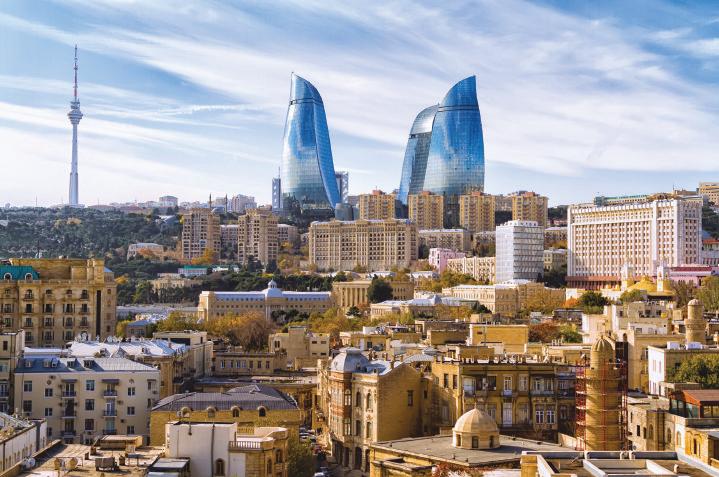
2 minute read
People have the power to change travel
from WTM Yearbook 2023
by GT Media ME
The power of tourism was made clear by its very absence. When international travel came to a standstill during the pandemic, the sector’s unique ability to touch on almost every part of our economies and societies was brought to the fore.
Tourism not only supports many millions of jobs and businesses; it is a pillar of many economies and of the 2030 Agenda for Sustainable Development, contributing to almost all of the 17 Goals. In this way, tourism really does have the power to change the world, and it is a power UNWTO is working to ensure is fully harnessed.
To really change the world, however, we must not only look at the global picture. We also need to change individual lives and drive transformation from the grassroots up.
In this regard, tourism’s potential is enormous. Of all the businesses that make up our sector, 80% are SMEs (Small and Medium-Sized Enterprises), large numbers of them small family businesses or operated by single entrepreneurs. And, of course, tourism is one of the biggest employers on the planet.
In some developing economies, most notably the Small Island Developing States (SIDS), the sector, tourism is the main source of employment and, in so many cases, offers the first step towards economic empowerment and independence, most notably for women and youth.
At the UNWTO, we want to ensure as many people as possible are able to be part of tourism’s future. Moreover, we are committed to supporting people as they grow in tourism, earning the knowledge and the skills they need to thrive, whether it’s in tourism itself or in another economic sector. Right now, as a recent European Commission report noted, 25% of all tourism workers across Europe possess just low-level qualifications, making education and training essential for enhancing workforce skills and performance. That’s just in Europe. Globally, an estimated 900,000 jobs in the tourism sector will require vocational training by the year 2030, with much work still to be done to bridge the gap between what employers need and what workers can offer.
Supporting tourism education and professional training will not only benefit tourism workers themselves in the way of better pay and more opportunities. A knowledgeable workforce will also be essential if we are to transform our sector at every level. The data reveals there is a shortage of talent in areas such as digital marketing, data analytics and artificial intelligence, while we will also need the right people in place if we are to make good on our pledge to build a more sustainable sector and make tourism a key part of our shared climate action.
In 2018, the UNWTO established a special department dedicated to tourism education, investments and innovation. Education and training are the organisation’s key priorities, and it is also the focus of the Ministers Summit here at World Travel Market 2023.
If we agree that tourism has the power to change the world, then we need to work together as a sector – from governments to employers – to make sure the right talent is in place to deliver on this potential, for the benefit of everyone, everywhere.
About Zurab Pololikashvili
Zurab Pololikashvili has been the Secretary-General of the UNWTO since 2018. He was previously Georgia’s ambassador to Spain, Andorra, Algeria and Morocco and its permanent representative to the UNWTO up until December 2017. Pololikashvili has also served as Georgia’s Minister of Economic Development and Deputy Foreign Minister, among other posts, and has a background in the private sector in the financial and business sectors.
@pololikashvili unwto.org





